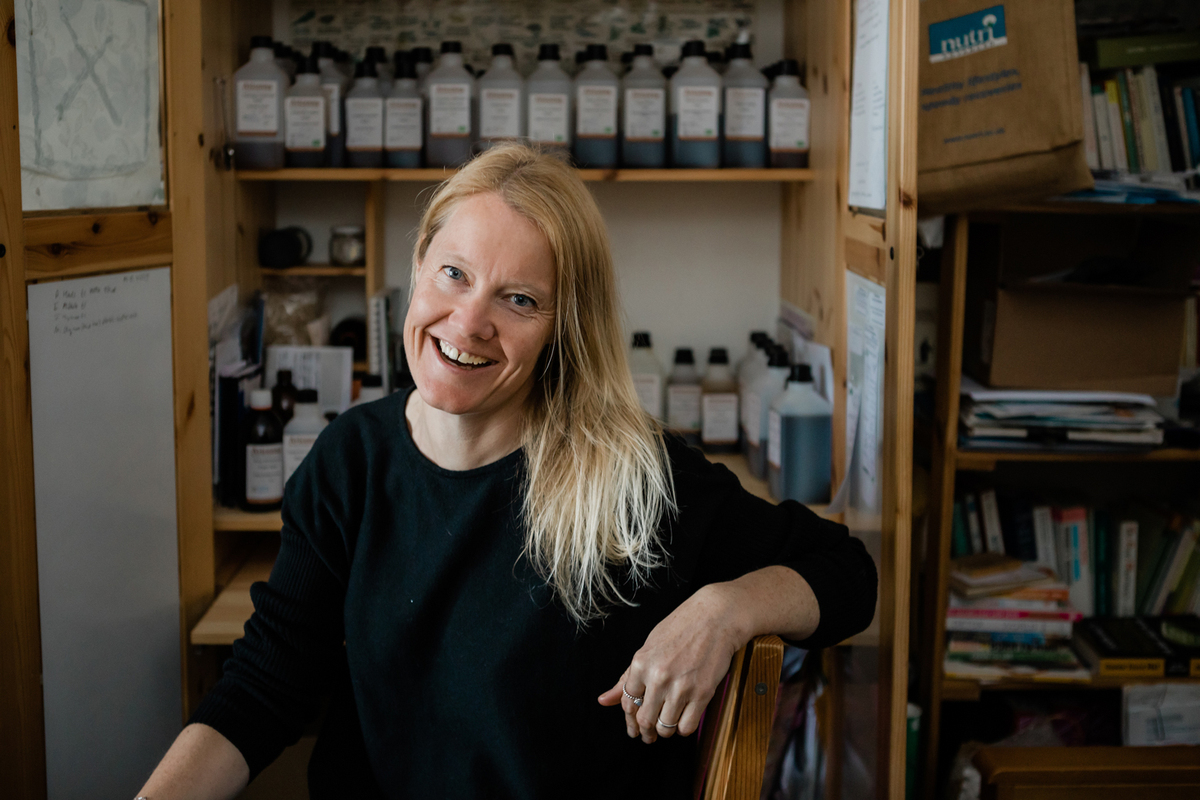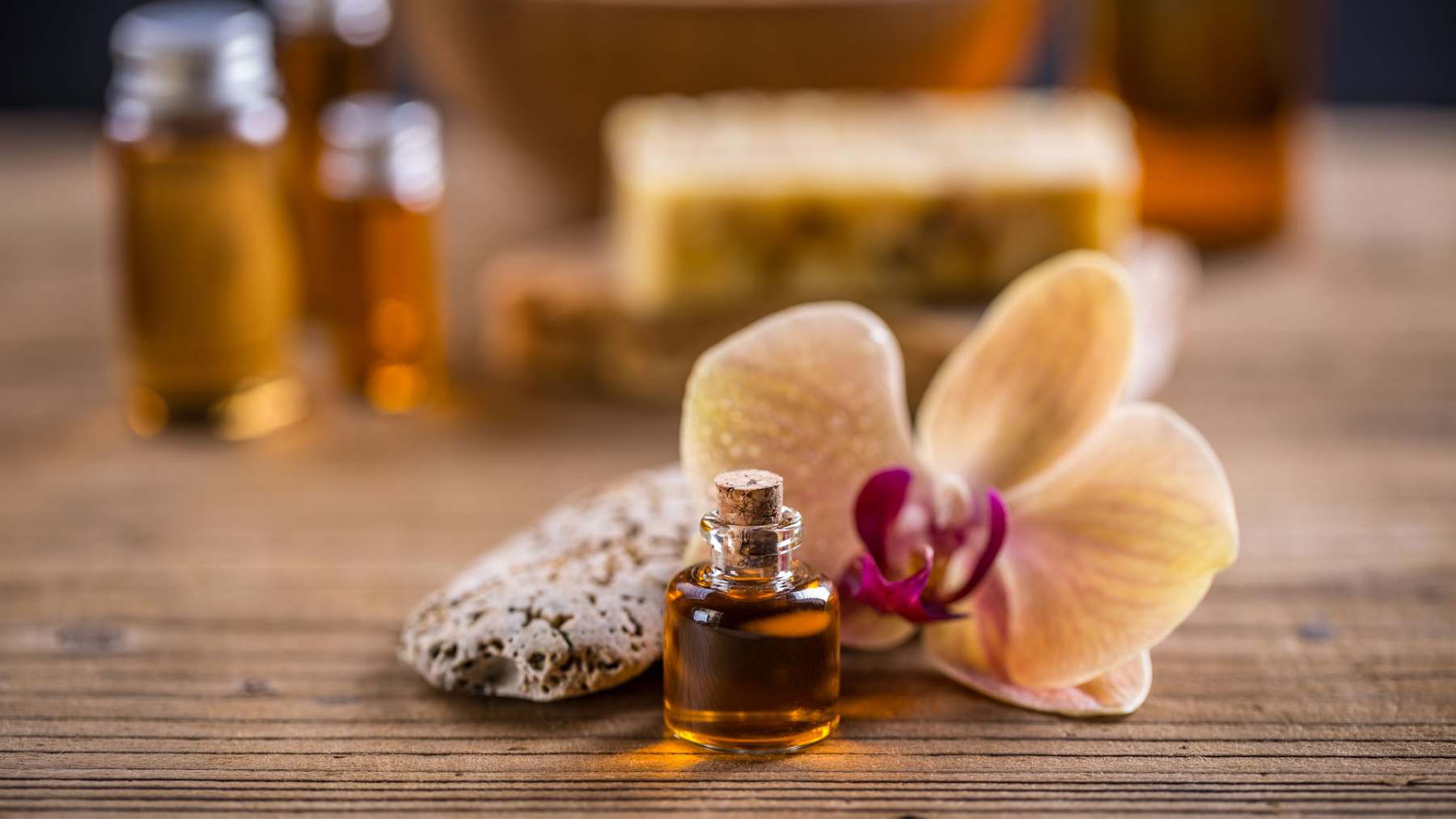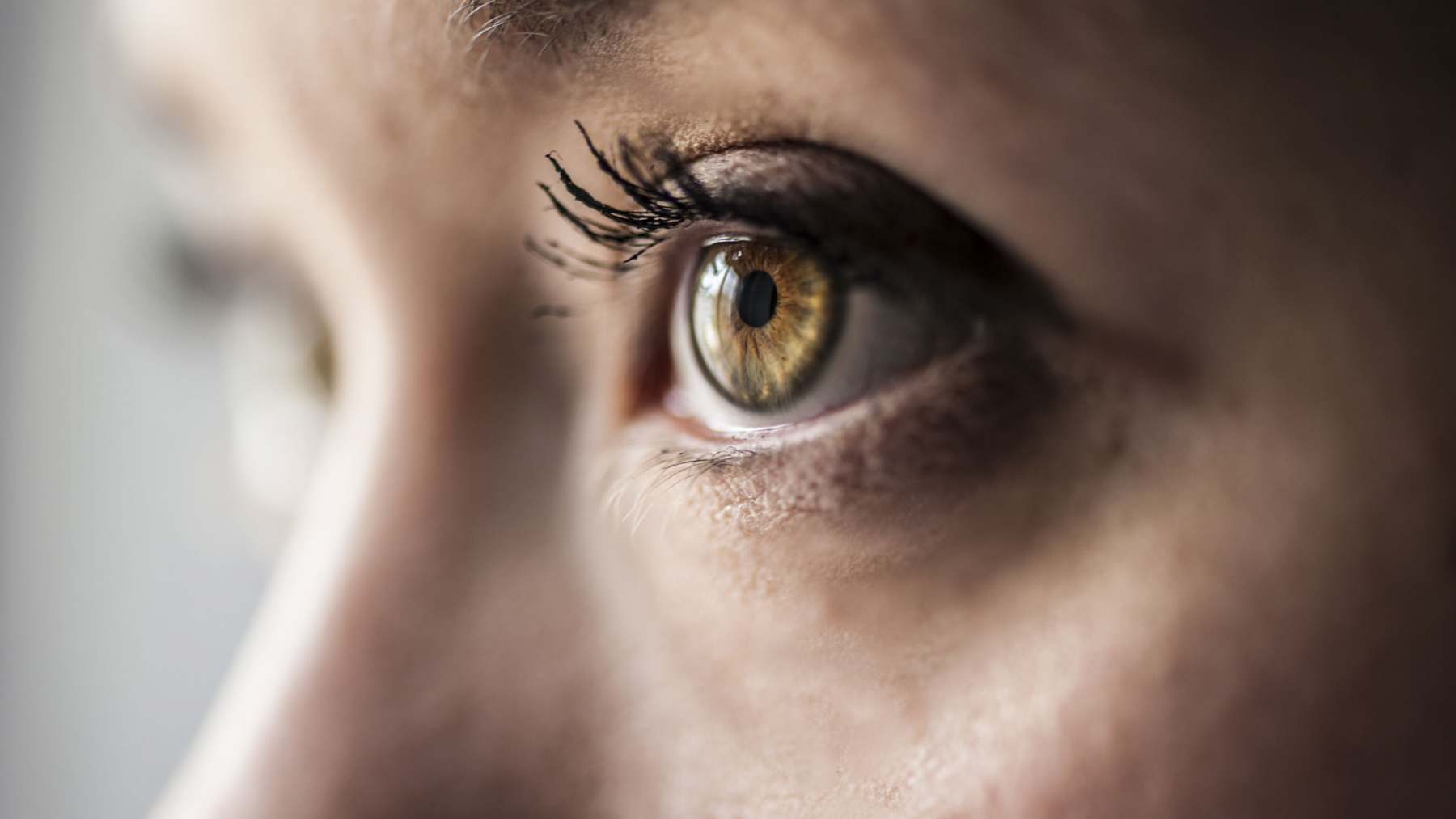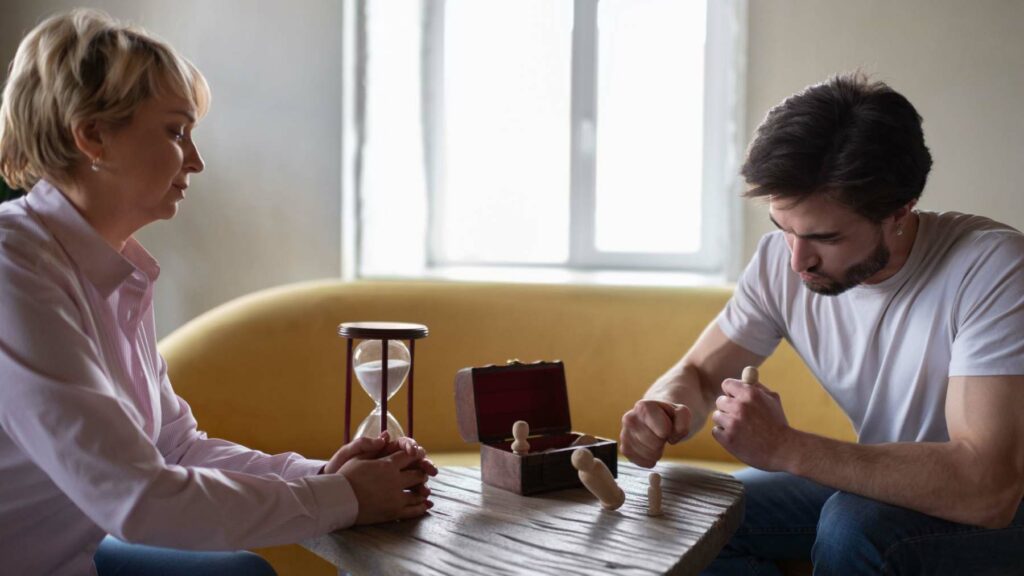Naturopathy
Rachel Boon
Medical Herbalism / Naturopathy
Rachel has been living and practicing in the Worthing-area since 2005. She most regularly and successfully treats digestive problems (constipation, diarrhoea, IBS, bloating), skin conditions (acne, eczema, psoriasis, seborrheic dermatitis) and all kinds of women’s and children’s digestive and hormonal issues.
Being dual-qualified, as a naturopath and a herbalist, her patients benefit from a two-pronged approach. The naturopathic element means dietary and lifestyle alterations are made so the body’s own healing attempts are not blocked, plus the herbal medicine side of things allows a bespoke herbal treatment plan to be made up to help address any imbalances directly.
You may be prescribed supplements, tinctures, teas, powders, creams and infused oils, although usually not all at the same time! Rachel aims to treat the underlying cause of any imbalance as well as help manage the symptoms so that your quality of life improves quickly and for the long-term.
Food intolerance, genetic and functional testing are also offered at an additional cost.
Please contact Rachel directly to find out more and book a consultation.

Homeopathy
Homeopathy is a complementary system of medicine which involves treating an individual with highly diluted substances, given mainly in tablet form, with the aim of triggering the body’s natural system of healing. It works within the philosophy of ‘like cures like’, that is, a substance which causes the same symptoms when taken in large doses in a healthy person, can be used in small dilute amounts to treat those symptoms being experienced by the patient.
A real alternative… How did it start?
As far back as Hippocrates, it was recognised that illness could be treated in two ways – by opposites (today’s allopathy medicine), or similars (today’s homeopathy). It was a German doctor called Samuel Hahnemann in the 18th century, who discovered ‘like cures like’ and embarked on a journey that would bring us the homeopathy that we know of today. Unlike modern medicine, very little has changed in the way it is used and prescribed over 200 years on and it is recognised as a system of medicine in its own right.



How does it work?
Disease, is ‘dis-ease’ within the body and our bodies will display this ‘dis-ease’ in many different ways. All of us are individuals and so our illnesses are individual to us as well. Much is made in recent times of the holistic approach to health, which means we need to look at the body as a ‘whole’ and not just the area which is causing concern. Homeopathy can only stimulate and enable the body to heal itself. By taking detailed information down about the symptoms being suffered, the symptoms of the person are matched to a remedy which also displays similar symptoms, thus ‘like cures like’…
For example, if two people were suffering from a sore throat and the symptoms of each taken down, then the ‘picture’ of the sore throats would vary between the two people – i.e. the first sore throat could be worse on the left hand side, more swollen there, dark red/purple in colour and yet feel easier when swallowing food. The second sore throat could feel so raw, that the sensation is that of a fish bone stuck in it and is agony to swallow anything but warm drinks and may also have tiny ulcers on the tonsils. The remedies required to help these people, therefore, would be different and have to be chosen to fit each picture of symptoms separately.
Do I continue medication?
Homeopathy is safe to use alongside conventional medicine and is free from the worry of side effects that many modern medicines have. The difference when treating someone homeopathically, is that it is not a quick fix and whilst consultations are only monthly to begin with, several visits are usually required over a period of time to make a difference to the problem.


